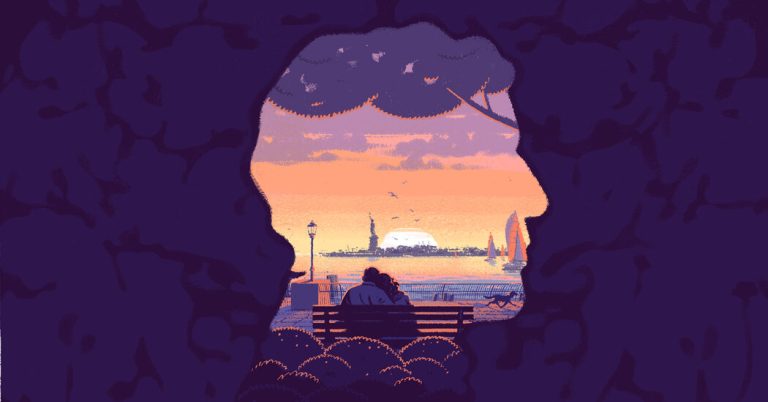As I emerged from the anesthesia, I saw my children by my bed. It was the first time we had all been together in years. At that moment I understood, perhaps for the first time, how deeply I was loved. If a fatal brain tumor was the price I had to pay for it, I considered it a fair deal.
Old wounds hardly heal, of course, and there were many ways this gathering could have gone south. And yet, something profound had happened. The presence of my family told me we were in this together. I hoped we would continue to be in the difficult months and years to come.
The biggest challenge was the work I had to do on myself. The treatment – chemotherapy, radiation and steroids – brought out the worst I had at first. Keppra, an anti-seizure drug, is notorious for producing violent rages. Leila was the recipient of this.
Before I left the hospital, we sought the advice of a neuropsychologist, who helped us adjust to the emotional instability that a brain tumor can cause. Together, we would get through this, we decided, and we did. With the help of Meigs Ross, a talented couples therapist experienced in working with brain injury, we found ways to adapt. “Now there are three of you in this relationship,” she told us, “Rod, Leila and GBM.”
One night, Leila came out of the bedroom after hearing a crash. I had drunk a bottle of wine and dropped it from my left hand, which was paralyzed from the operation. When I was a working journalist, alcohol was essentially a tool of the trade. But now, it was more and more dangerous. Around the anniversary of my diagnosis, I sought treatment for alcohol abuse and, with the help of a counselor, spoke for the first time about my father’s cruelty. During the year we worked together, I understood why I had used alcohol to numb myself. At the end of it, I realized that I had finally been freed from the shame my father had bequeathed to me.




